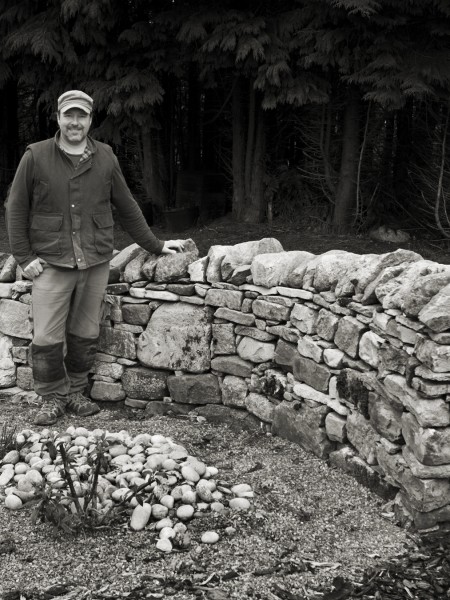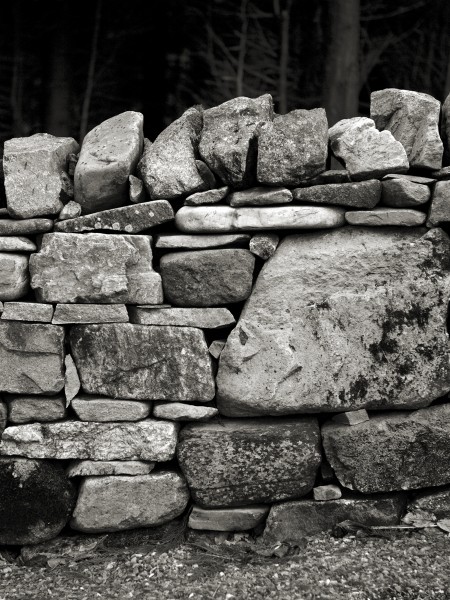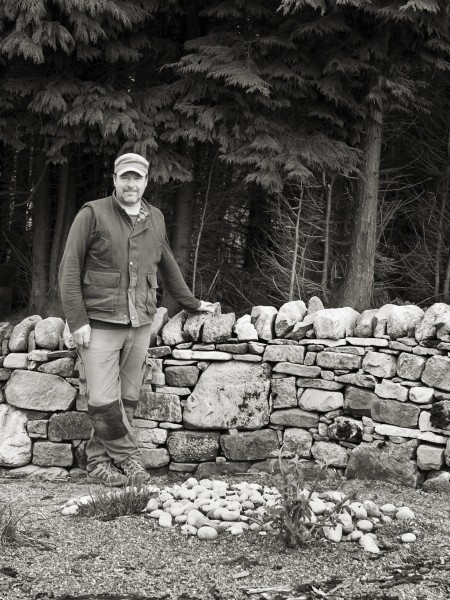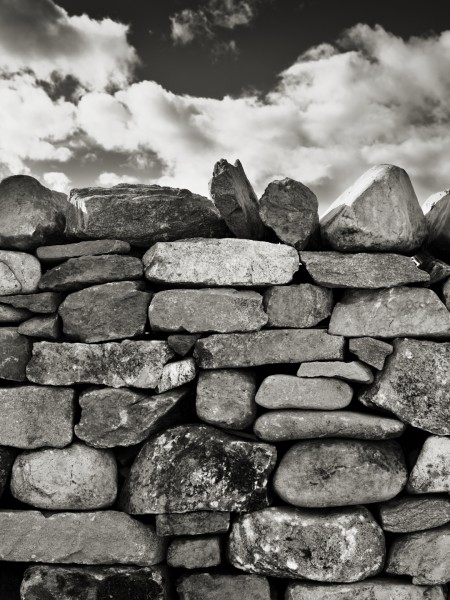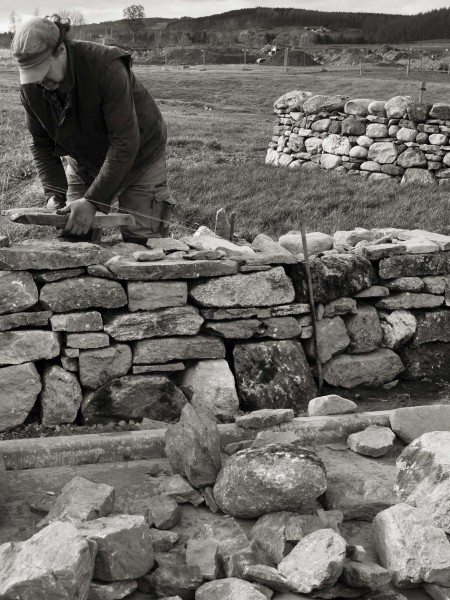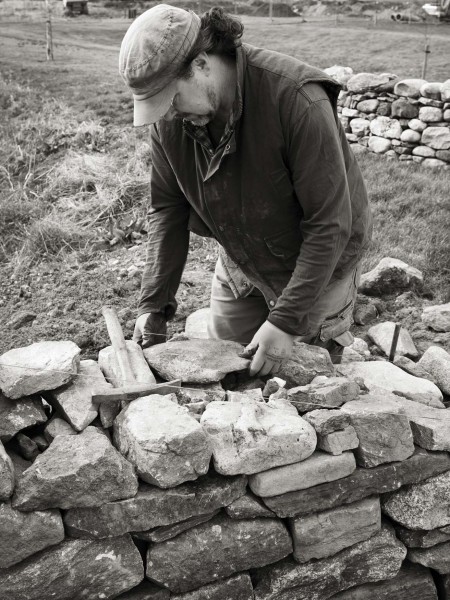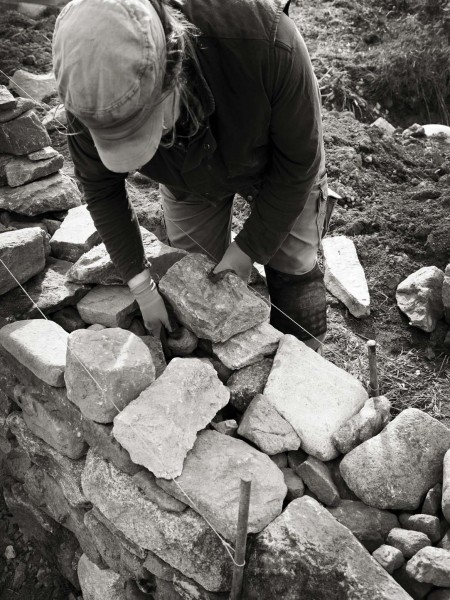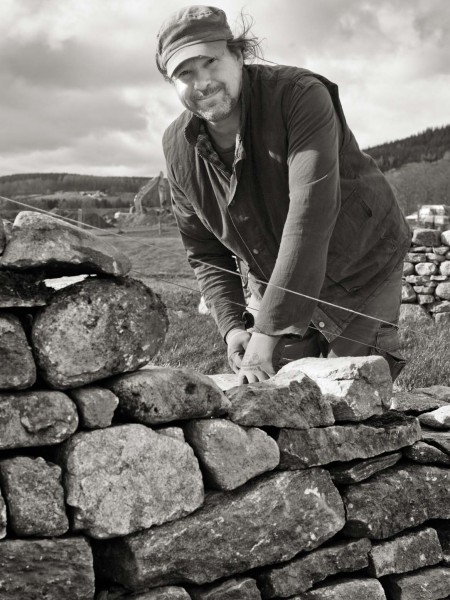Q. What is your principle professional skill?
A. Dry stone walling.
Q. Can you tell us a little about it?
A. It involves creating a boundary wall without using any mortar.
Q. How long have you been practising your skill?
A. Full time for 10 years. Before that I worked for a landscaping company for 5 years and did dry stone walling as part of that. I first learned how to build walls 25 years ago.
Q. How did you learn your skill?
A. I took a course at Agricultural College and then carried on learning with on the job experience, working alongside more experienced people.
Q. How long did it take?
A. The principles are learned in a short time and competency can be achieved in a few months depending on the individual. However, even now, I’m still learning to be better at it and more efficient. You never stop learning how to get better.
Q. Are there any other people in the region doing what you do?
A. I only know of a few professionals in the North East, although there will be people who do it as part of another business but very few people who do it exclusively.
Q. How important do you think your skill is for the region?
A. As this is an area where there are a lot of dry stone walls and very few people who will repair them in the traditional way, it is important that there are people such as myself who do this.
Q. How has your profession evolved over the last few decades?
A. There would have been dry stone wallers up to the Second World War but it declined after the war. After the 1950s and 60s there was a revival of interest. There are courses provided for hobbyists. There was a time when there was only repairing, not building. However planners are now requiring dry stone walls in building schemes but there are not sufficient skilled people to do it.
Q. How do you anticipate the future to be for your skill?
A. The future is healthy especially in this area because of the planners requiring dry stone walls. Anybody wanting to do this skill would find work. It is quite well paid as few people are doing it. However it wouldn’t suit everyone. Not everyone wants to work outside in all weathers and it is perceived as heavy work.
Q. How important do you think it is to pass the skill on to the next generation?
A. It will be self-perpetuating as there is a living to be made from it. It is not a dying skill that needs to be saved.
Q. Would you be prepared to train someone?
A. Yes.
Q. Do you think that society should feel obliged to find a way of preserving such skills?
A. No. It will survive as long as there is a living to be made from it.
Q. Does having a skill change the way you see the world?
A. A little. I look at things with a critical eye and appreciate other people’s skill.
Q. What kind of rewards do you get from your skill, monetary and/or otherwise?
A. Financially I can support my family. I get satisfaction from building something knowing that it will be there for a long time. I like the fact that there is a history in the walls I repair.
Q. What impact has broadband and the internet had on your work?
A. It’s been great. I joined the Dry Stone Walling Association and I can be found through them on the internet, I get lots of work from that. In the past I used Yell.com and it did not work for me. Half of the work I get now is from people I know already and half from e-mail.
Q. What, if anything, could be done to help to preserve your skills and support your profession?
A. I’m not concerned that dry stone walling is going to die. I think it has a healthy future.
Tel. 07753 691051
